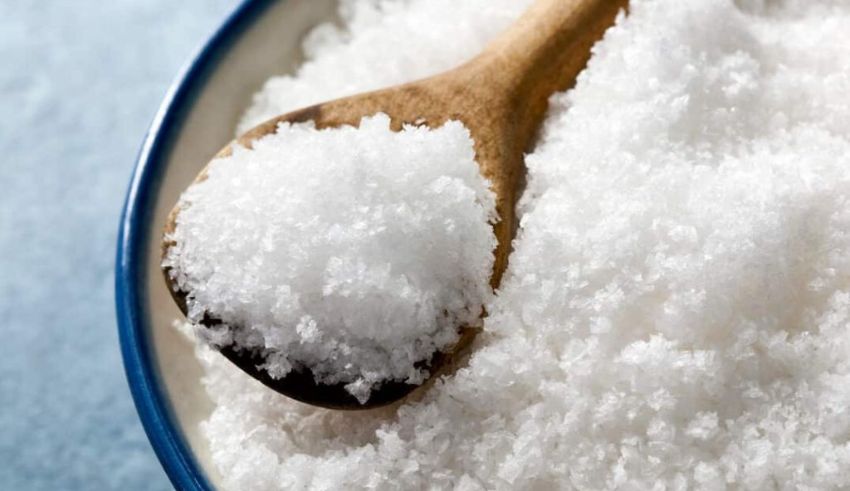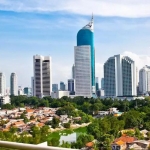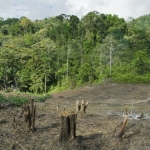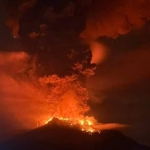
A tiny number of salt farmers in the seaside village of Kusamba, on the stunning island of Bali, Indonesia, continue the custom of salt farming that has been handed down from generation to generation. These unsung warriors are well-known for their laborious ocean “white gold” collecting, which serves to maintain an age-old trade that is almost endangered right now.
Once called “White Gold”
Salt used to be valued equally with precious metals. The crystalline loveliness of it earned it the appellation “white gold”. But since industrial manufacture is the standard in today’s world, inferior salt that is totally composed of sodium chloride is often produced. All salt, though, is not made equal; hand-gathered artisanal salt, like that found in Kusamba, is quite distinct.
Growing Salt: An Art Form?
Getting Seawater: As a salt farmer, Nyoman Warta uses somewhat simple containers to carry seawater to the shore. He has to balance these pots on a pole that is slung over his shoulders per tradition, and then carefully pour the water into the black sand.
Natural filtering methods In the small-scale business Warta runs, the mineral-rich sand acts as a natural filter. A little trickle of seawater adds minerals essential to life to the water. The finished product is a special salt that transcends the category of a basic condiment.
Critical to Life: Classical Roman statesman Cassiodorus once said, “You can do without gold, but not without salt.” Maintaining cell functioning, controlling water balance, and promoting muscular activity all depend on sodium and chloride. In essence, salt is life.
Keep Reading
One Dying Art Form
Sadly, Bali has just around five remaining traditional salt farms, the majority of which are tucked away in the island’s east. Curiosity-seekers are taken to this less well-known side of Bali by tour guide Putu Surya, where the art of salt farming endures against the march of industrialisation.
To the Table from the Water
Among the rarest salts in the world, balinese palung salt is produced by collecting seawater and evaporating it using the trunks of coconut trees. It is evidence of the tenacity of coastal farmers who preserve the history of their forefathers while offering a taste of old Bali at nearby markets and right on the spot2.
These salt farmers protect custom in a world moving quickly towards modernity, maintaining the fine line between history and development. Their work creates an ageless story that hints of resiliency, connection, and the eternal worth of “white gold,” much like the waves that sculpt the shore.



























